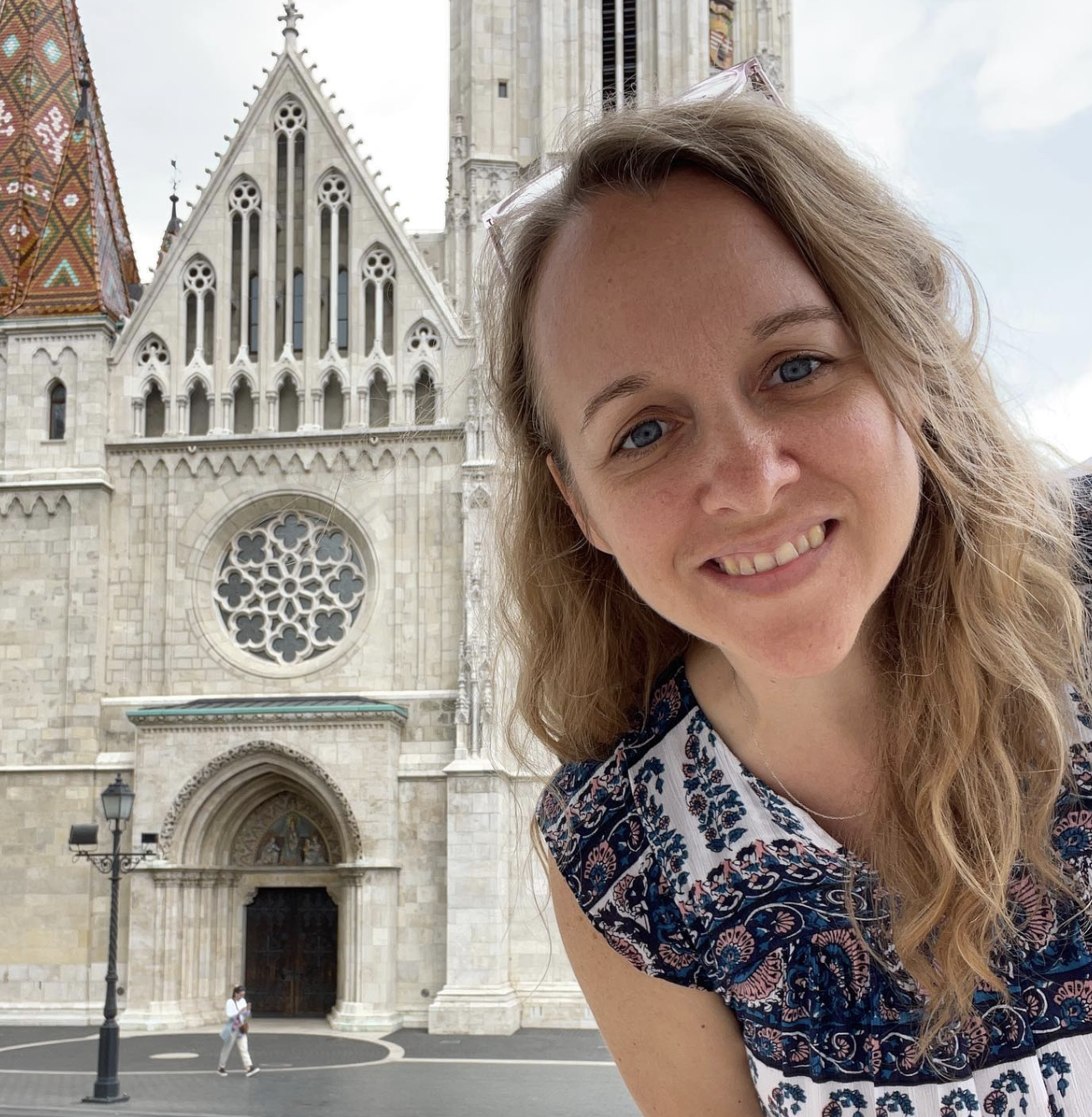This project focuses on tackling the security and privacy of Cyber-Physical Systems (CPS) by integrating the theory and best practices from the information security community as well as practical approaches from the control theory community. The first part of the project focuses on security and protection of cyber-physical critical infrastructures such as the power grid, water distribution networks, and transportation networks against computer attacks in order to prevent disruptions that may cause loss of service, infrastructure damage or even loss of life. The second part of the project focuses on privacy of CPS and proposes new algorithms to deal with the unprecedented levels of data collection granularity of physical human activity. The work in these two parts focuses on the integration of practical control theory concepts into computer security solutions. In particular, in the last decade, the control theory community has proposed fundamental advances in CPS security; in parallel, the computer security community has also achieved significant advances in practical implementation aspects for CPS security and privacy. While both of these fields have made significant progress independently, there is still a large language and conceptual barrier between the two fields, and as a result, computer security experts have developed a parallel and independent research agenda from control theory researchers. In order to design future CPS security and privacy mechanisms, the two communities need to come closer together and leverage the insights that each has developed. This project attempts to facilitate the integration of these two communities by leveraging the physical properties of the system under control in two research problems: (1) Physics-based CPS security; and (2) Physics-based CPS privacy.
Physics-based CPS security leverages the time series from sensor and control signals to detect deviations from expected operation. This is a growing area of research in both security and control theory venues, although there are several open problems in this space. This proposal tackles some of these open problems including the definition of new evaluation metrics that capture the unique operational properties of control systems, the consistent evaluation of different proposals for models and anomaly detection tests, and the development of new industrial control protocol parsers. Physics-based CPS privacy focuses on how to guide the implementation of general privacy recommendations like the Fair Information Practice principles into cyber-physical systems, leveraging the fact that these physical systems often have an objective to achieve, and this objective depends on the data-handling policies of the operator. The project focuses on investigating the trade-off between privacy and control performance and developing tools to guide how data minimization, data delays, and data retention should be implemented.
Off
University of Texas at Dallas
Alvaro Cardenas
-
National Science Foundation
Submitted by Alvaro Cardenas on September 11th, 2017
Situational Awareness provides a user centric approach to security and privacy. The human factor is often recognised as the weakest link in security, therefore situational perception and risk awareness play a leading role in the adoption and implementation of security mechanisms. In this study we assess the understanding of security and privacy of users in possession of wearable devices. The findings demonstrate privacy complacency, as the majority of users trust the application and the wearable device manufacturer.
 Submitted by xavier bellekens on November 17th, 2016
Submitted by xavier bellekens on November 17th, 2016
This award provides NSF support to sponsor students and faculty mentors from US institutions to participate in a doctoral symposium held during the First Workshop on Privacy and Security in Pervasive e-Health and Assistive Environments in Corfu, Greece, June 9-13, 2009. This workshop is in conjunction with the Second International Conference on Pervasive Technologies Related to Assistive Environments (PETRA?09 http://www.petrae.org).
The doctoral symposium shares the aims of the PSPAE workshop, seeking new directions in security and privacy research and education. The focus of the PSPAE workshop is a multidisciplinary discussion aimed towards developing new insights into privacy and security issues for pervasive technologies that will be deployed for the benefit of society. The scientific community is expected to benefit from discussions on the crossover between security and privacy and on the issues arising in complex application areas such as healthcare. The doctoral consortium seeks to open new horizons for graduate students who may pursue privacy and security research in healthcare and other pervasive assistive environments. Another objective is to create an international forum that can expose graduate students to the differences in privacy policies around the world, especially regarding health privacy and security.
Off
Zhengyi Le
Heng Huang
University of Texas at Arlington
Fillia Makedon
-
National Science Foundation
 Submitted by Fillia Makedon on January 11th, 2016
Submitted by Fillia Makedon on January 11th, 2016
Event
CPSSC 2016
1st International Workshop on Cyber-Physical Systems in the Context of Smart Cities
23 February 2016 | Vienna, Austria | @SE2016
 Submitted by Katie Dey on December 2nd, 2015
Submitted by Katie Dey on December 2nd, 2015
Event
INTRICATE-SEC 2016
4th International Workshop on Security Intricacies in Cyber-Physical Systems and Services (INTRICATE-SEC 2016)
held in conjunction with the 30th International Conference on Advanced Information Networking and Applications (AINA-2016)
Topics of Interest
Submitted by Anonymous on October 2nd, 2015
Workshop on Open Resilient human-aware Cyber-physical Systems (WORCS-2012)
http://conf.laas.fr/WORCS12
CALL FOR CONTRIBUTIONS
Monday June 25, 2012 , Boston, USA
In conjunction with the 42nd Annual IEEE/IFIP Int. Conf. on
Dependable Systems and Networks (www.dsn.org)
IMPORTANT DATES
Submitted by Mohamed Kaaniche on April 16th, 2012
Event
MobiCPS 2010
MobiCPS 2010 - The 1st IEEE International Workshop on Mobile Cyber-Physical Systems
The MobiCPS workshop is an international forum for researchers and practitioners to present innovative ideas and results on all aspects of mobile cyber-physical systems, including theoretical foundations, techniques and methods, tools and platforms, prototypes, and practical applications. Besides research papers, this workshop will feature Invited Talks and a Panel Discussion session.
Submitted by Anonymous on April 16th, 2012